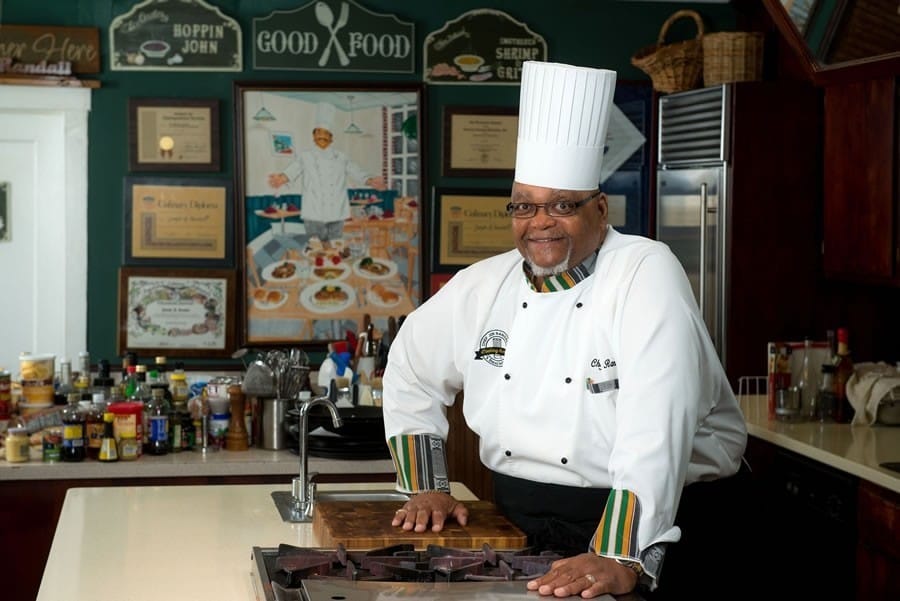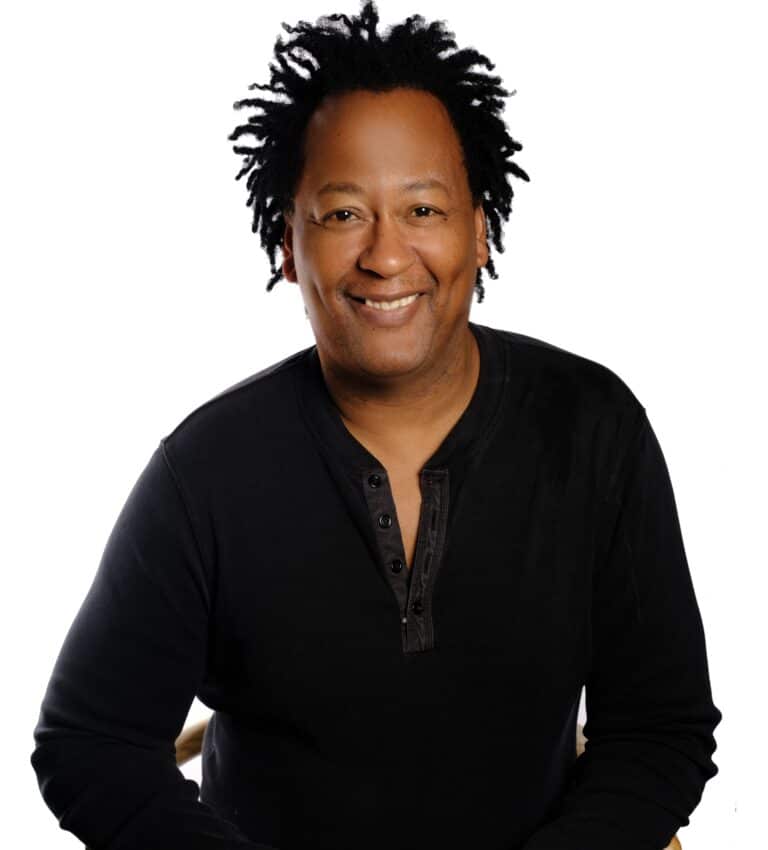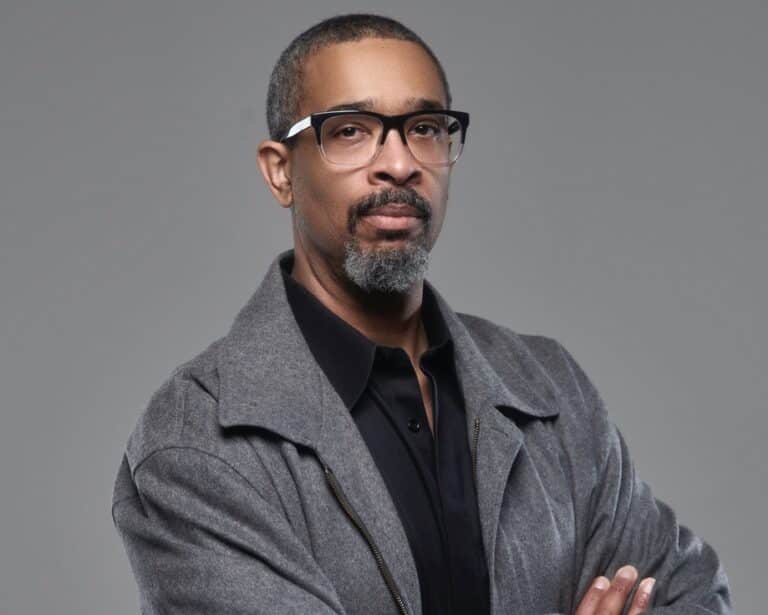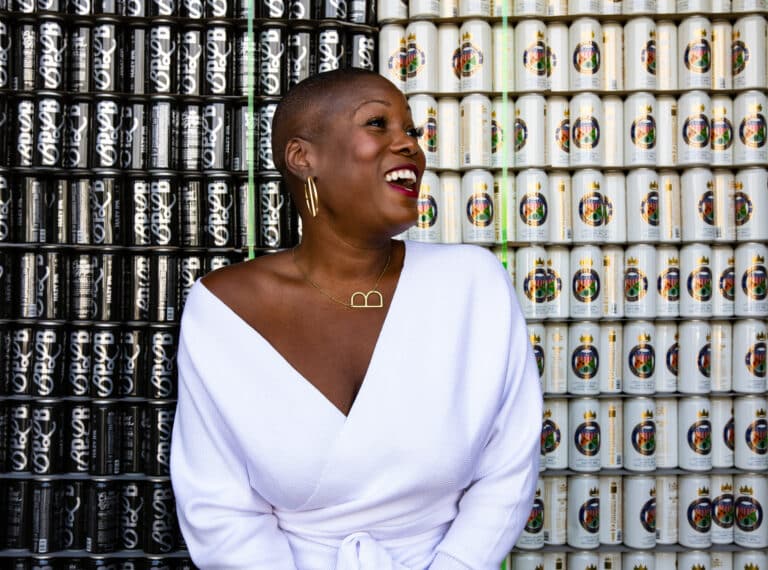|
Getting your Trinity Audio player ready...
|
Chef Joe Randall is like the culinary version of a brainy college professor, but with a pristine white chef’s coat and hat in place of bulky glasses and a rumpled sports jacket. A half-century spent learning from some of the nation’s best chefs, working in top restaurants and teaching scores of people how to make delicious southern food has given the Harrisburg, Pennsylvania, native a near-encyclopedic recall of culinary facts and unique perspective on how Africans and Black Americans have shaped American and global cuisine.
“Blacks have a long, proud history of influencing food and culture,” says Randall, who has worked for universities, community colleges and culinary schools and also as a catering professional during his 50 years in the food business.
Black Chef Contributions Span 400 Plus Years
In the decades after Reconstruction, cooking was one of the few industries that welcomed Blacks. They cooked on trains in the early 20th century and later manned the kitchens in hotels and restaurants, all the while learning techniques from all over the world and introducing their own unique twists to foreign dishes. “Blacks cooked in all types of restaurants and cooked every type of food,” shares Randall. They prepared German, French and Italian food. They made everything from jambalaya and croquettes to sushi and foie gras.
If anything, Randall says too little ink has been given to prominent Black chefs in America. Few came of age during the food revolution in television, so they missed the early wave. By nature, Black chefs spend the lion’s share of their time on their craft, not on promoting themselves, hosting events or hiring publicists — things that can turn cooks and chefs into household names. Randall also laments the dearth of Black writers to tell the stories of talented Black chefs. He recalls a story he read in 1984.
“It was about the new breed of American chefs and it featured 21 White chefs. I challenged the magazine on this. I sent a personal list of 50 Black chefs from around the nation. It didn’t help. I realized that many of these popular chefs simply promote their friends. The media had this thing where if you weren’t doing anything trendy or innovative, you weren’t worth covering. But many Black chefs are creating some extraordinary food.”
In 2012, he founded the Edna Lewis Foundation which is “dedicated to honoring, preserving and nurturing African Americans’ culinary heritage and culture and elevating the appreciation of our culinary excellence.” Future offerings from the foundation will include scholarships, educational initiatives, dinners and an awards program.
RELATED: Dean of Southern Cuisine Tips His Toque to Retirement at 50 Years
“Blacks [in America] have to be proud of their contributions to cuisine. We’ve played an integral role. We’ve always been in the kitchens in this country. We’ve been in the kitchen for more than 400 years. Food does not have to be complicated. Keep it simple. Make it taste good.”
For more about chef Joe Randall, calendar of classes and more recipes, visit his website at www.chefjoerandall.com. For information about the Edna Lewis Foundation, visit Edna Lewis Foundation. You can also follow him on Facebook.








